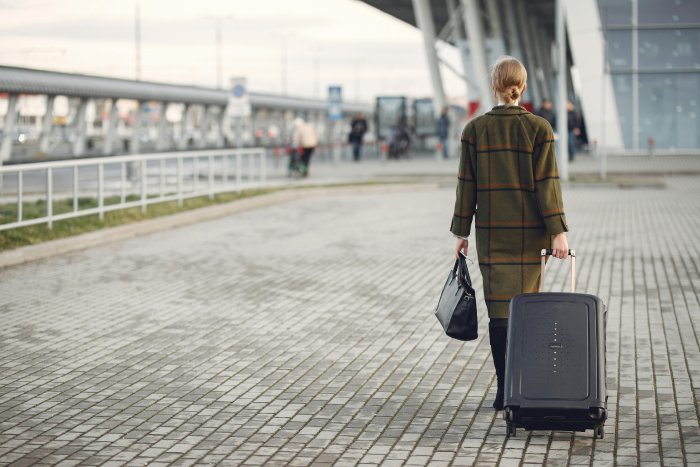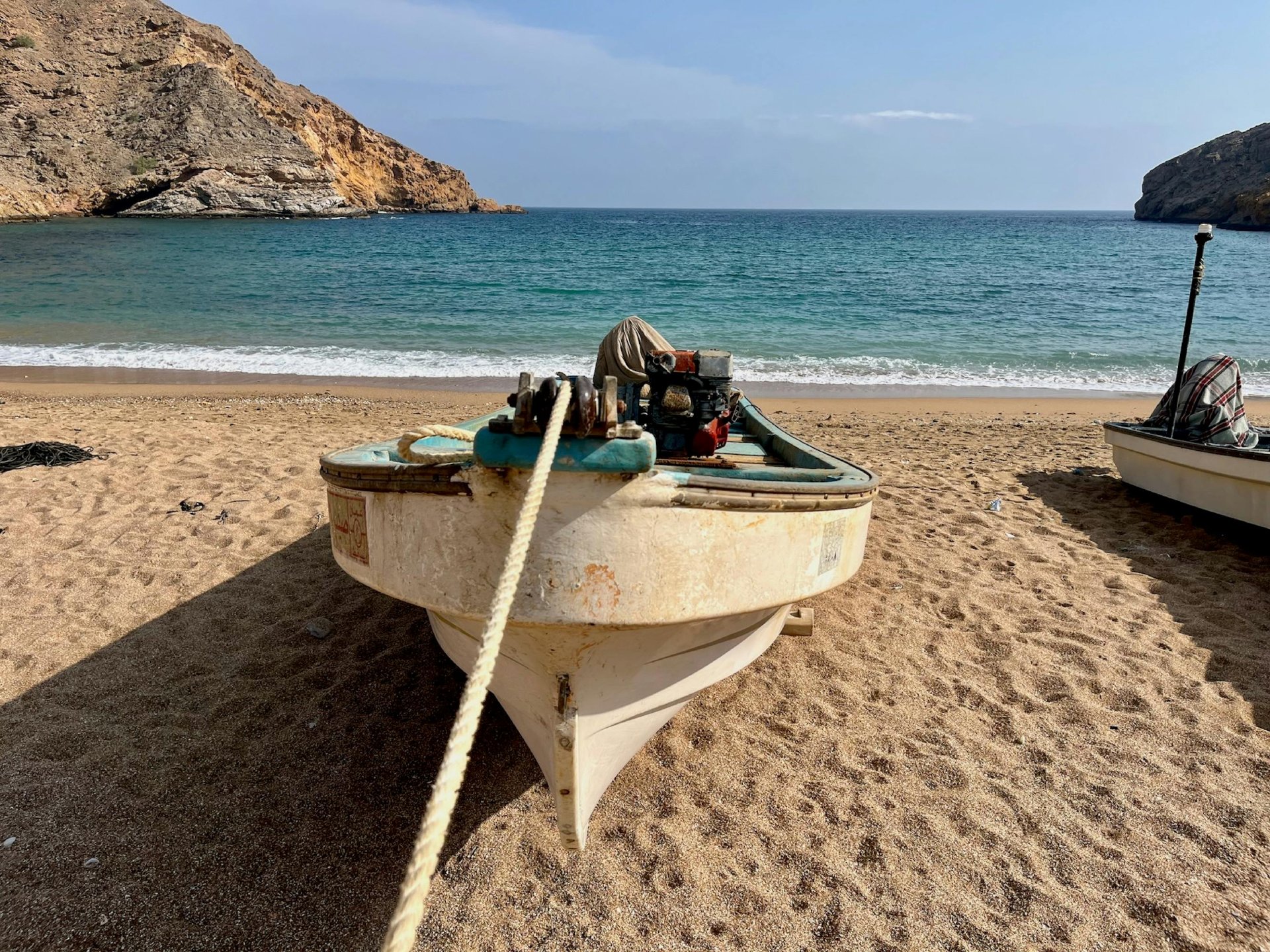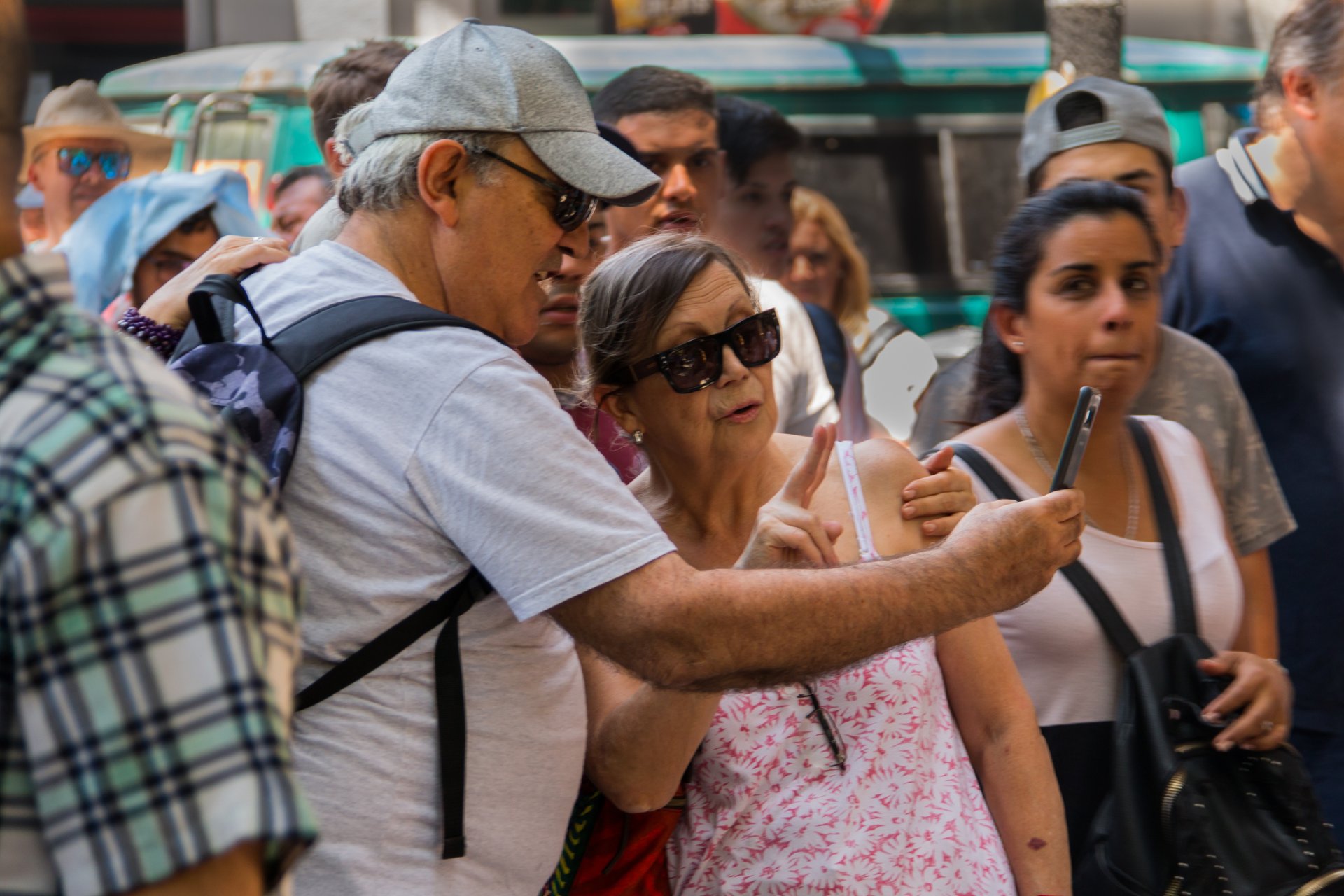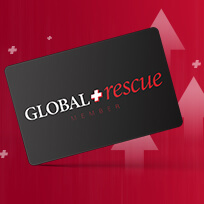Before traveling internationally, especially when traveling to another country for the first time, it’s essential to be aware of various health and safety measures to ensure a safe and enjoyable trip including:
- Pre-Trip Health Preparations
- Safety and Security Advisory
- Emergency Preparedness
- Research and Responsibility
- Global Rescue Services
Travelers often have to find bits and pieces of information on various online resources to develop a full pre-travel picture of the risks of the destination. Some websites are reputable, such as the CDC for health alerts, or the U.S. Department of State for security risks. On other sites, there’s no telling if the information is reliable or kept up to date.
Here are the things to do before traveling overseas that can help you be better prepared:

Pre-Trip Planning Health Measures
- Vaccinations – Check if any vaccinations are required or recommended for your destination. These can include routine vaccines, as well as those for diseases like hepatitis A/B, typhoid, yellow fever, and others.
- Medications – Carry a sufficient supply of any prescribed medications, along with a copy of your prescription. Research the legality of bringing certain medications into your destination country. This is one of the critical things to do before traveling internationally.
- Health Precautions – Bring a basic first-aid kit, including pain relievers, antiseptics and personal health items. Consider packing hand sanitizer and face masks if required. These packing tips for international travel ensure you’re prepared for any minor health issues that might arise.
- Local Health Services – Research the availability of healthcare services at your destination, including hospitals, clinics, and pharmacies. Stay informed about the local situation regarding health and safety, including any travel updates.

Pre-Trip Planning Safety and Security Guidance
- Travel Advisories – Check travel advisories issued by your government for your destination. These provide important information about safety, security, and health risks. Register with your government’s travel program if available. This can assist in receiving alerts and help in emergencies.
- Emergency Contacts – Keep a list of emergency contacts, including local emergency services, your country’s embassy or consulate, and contacts back home.
- Local Laws and Customs – Familiarize yourself with local laws, cultural norms, and customs to avoid misunderstandings and ensure respectful behavior. These overseas travel tips are particularly important, as local laws and customs can vary widely.
- Communication – Ensure your phone is unlocked and compatible with local networks or consider purchasing a local SIM card.
- Itinerary Sharing – Share your travel itinerary with family or friends, including your accommodations and planned activities.
- Travel Documentation – Keep copies of important documents (passport, visa, insurance, etc.) in a secure place separate from the originals.
- Local Emergency Protocols – Familiarize yourself with local emergency procedures and signals, especially concerning natural disasters or civil unrest.

Research Until Time of Travel
If you’re a business or leisure traveler, you might belong to a subscription service or benefit from a travel management company partnership to get the latest travel information. But who is ultimately responsible if travel plans go awry?
“Even if you have a contract with a travel management company, you can’t just absolve yourself of all responsibility,” said Jeffrey Ment, managing partner of The Ment Law Group and Global Rescue advisor.
Individual travelers, travel planners, tour operators and smaller businesses often do the research themselves, checking and double-checking travel information up until departure.
Global Rescue Resources
Ask Global Rescue to review your travel plans and give advice about staying safe in that location. If the Global Rescue Operations Team thinks there might be any security or safety issues, they will let you know pre-trip — and be available during your trip if the need arises for evacuation services for events like natural disasters, terror attacks and civil unrest when you are in danger.
Access Global Rescue services directly from your smartphone using the My Global Rescue Mobile App. Browse destination reports and alerts, activate emergency assistance, schedule real-time virtual health visits and keep track of the people you care about with GPS tracking and messaging. Download the My Global Rescue App for Apple devices and Android devices.
Members can obtain a destination report for 215 countries and territories worldwide. They can access information about entry requirements, travel status and restrictions, detailed health and security assessments and required immunizations. Log in to the member portal on the Global Rescue website using your email address and password, navigate to “Destination Reports” and select the country or territory of interest.
Keep up to date on health and security events worldwide. Members can find travel alerts by clicking on destination reports, selecting the country and reviewing available alerts at the top of the My Global Rescue App under “Events.” On desktop, members can log in to the member portal on the Global Rescue website using their email address and password, navigate to “Destination Reports” and select the country or territory of interest. Alerts are located next to the destination map.











